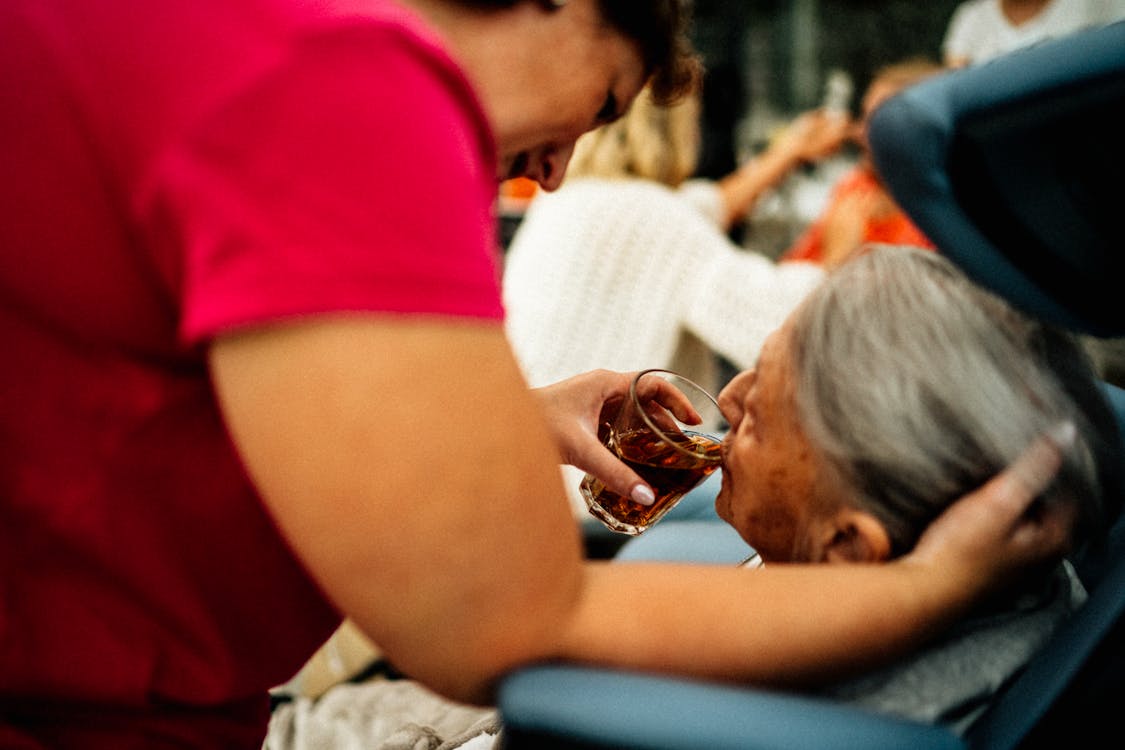Maintaining confidentiality and privacy
Maintaining confidentiality and privacy is of utmost importance for caregivers as they work closely with individuals in vulnerable situations. Respecting and safeguarding the privacy of clients promotes trust, dignity, and confidentiality. In this essay, we will explore the significance of confidentiality and privacy for caregivers and provide guidelines on how to uphold these principles effectively.

Confidentiality refers to the protection of personal information shared by clients in a professional setting. Caregivers often have access to sensitive details about clients’ medical history, personal circumstances, and other private matters. It is essential for caregivers to treat this information with the utmost respect and only share it on a need-to-know basis.
Respecting privacy means ensuring that clients have control over their personal space, decisions, and information. Caregivers should recognize and honor boundaries, seeking consent before entering personal areas or assisting with intimate tasks. Respecting privacy allows individuals to maintain a sense of autonomy and dignity.
To maintain confidentiality and privacy as a caregiver, the following guidelines can be helpful:
- Confidentiality agreement: Establish clear guidelines and expectations regarding confidentiality by signing a confidentiality agreement with the client and their family members. This agreement can outline the caregiver’s responsibilities and the consequences of breaching confidentiality.
- Communication boundaries: Be mindful of where and when you discuss sensitive information. Avoid discussing client matters in public areas or with unauthorized individuals. Use private spaces or secure communication channels when sharing confidential information with healthcare professionals or family members.
- Secure documentation: Keep all client records, medical information, and other sensitive documents in a secure and locked storage area. Follow protocols for handling and disposing of confidential information, ensuring it is not accessible to unauthorized individuals.
- Informed consent: Obtain informed consent from clients before sharing their information with healthcare professionals, family members, or other parties involved in their care. Explain the purpose and potential consequences of sharing their information to ensure their understanding and agreement.
- Professional boundaries: Maintain professional boundaries with clients by refraining from discussing personal matters or sharing your own personal information. Focus on the client’s needs and concerns while upholding a professional and respectful demeanor.
- Digital privacy: In today’s digital age, caregivers must also be mindful of protecting client information online. Use secure and encrypted communication channels for sharing sensitive information electronically. Be cautious when using personal devices and ensure they are password-protected and kept secure.
- Ongoing education: Stay updated on legal and ethical obligations regarding confidentiality and privacy. Participate in training programs or workshops that provide guidance on privacy regulations, data protection, and best practices for maintaining confidentiality as a caregiver.
- Reporting concerns: If you become aware of a breach in confidentiality or privacy, report it promptly to the appropriate authorities or your supervisor. Addressing such concerns swiftly helps protect the rights and well-being of the client and maintains the integrity of the caregiving profession.
By adhering to these guidelines, caregivers can establish a culture of confidentiality and privacy, fostering trust and respect with their clients. Upholding confidentiality and privacy rights demonstrates a commitment to professionalism, ethics, and the well-being of those under their care.
In conclusion, maintaining confidentiality and privacy is paramount for caregivers. Respecting the privacy and confidentiality of clients promotes trust, dignity, and confidentiality. By following guidelines such as signing confidentiality agreements, setting communication boundaries, obtaining informed consent, and staying updated on legal and ethical obligations, caregivers can effectively uphold the principles of confidentiality and privacy. By doing so, they demonstrate their dedication to providing high-quality, ethical care while respecting the rights and well-being of those they serve.
